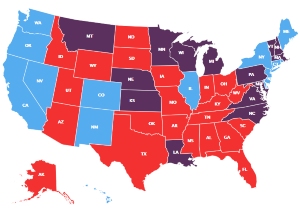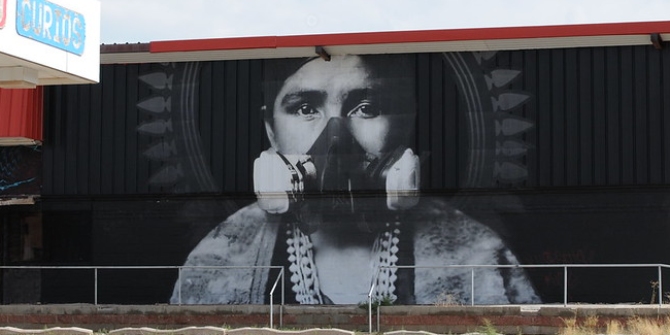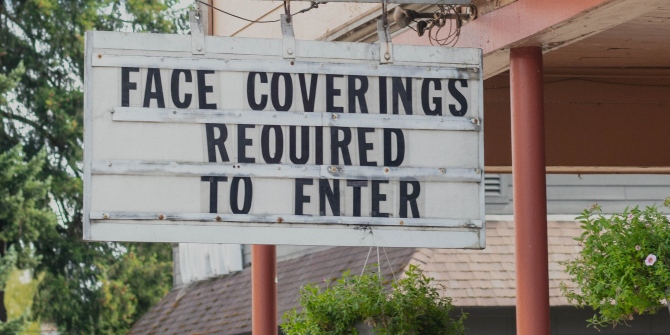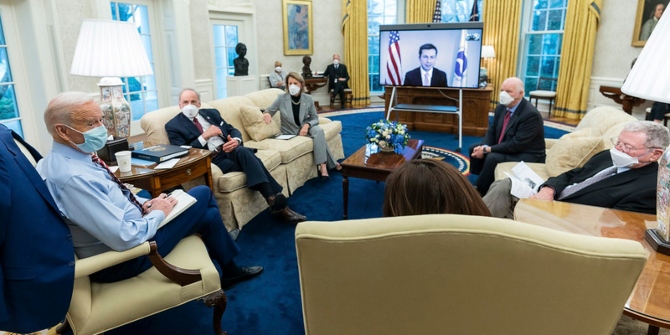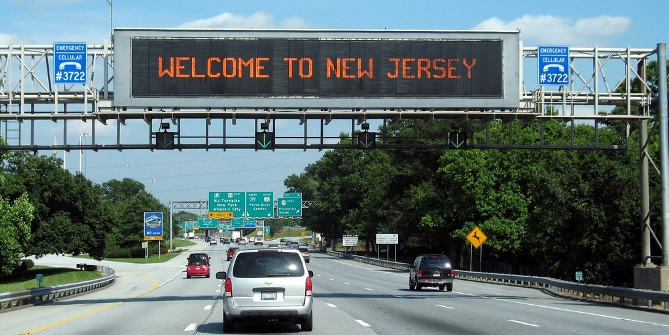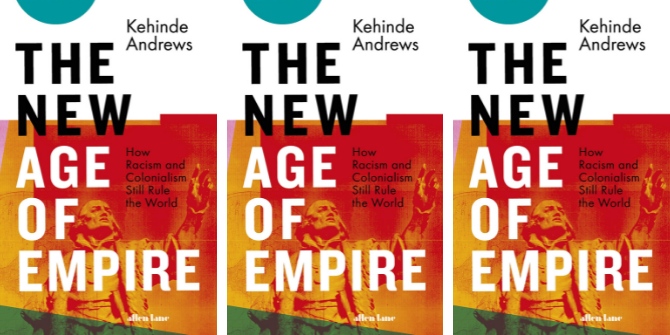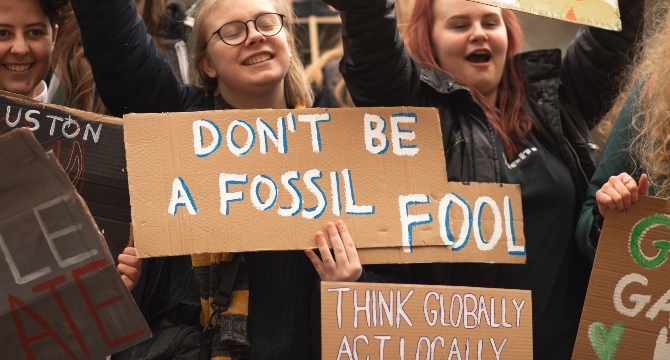 As pain relievers, opioids are a vital part of treating patients with Covid-19. But, as Katherine Pettus writes, the combination of reductions by the US of its buffer stock of opioids, and the chronically low stocks in 80 percent of the world, mean that patients are now abandoned in their hour of need. She urges governments to listen to guidance from UN agencies which calls for access to controlled medicines for the patients who need them.
As pain relievers, opioids are a vital part of treating patients with Covid-19. But, as Katherine Pettus writes, the combination of reductions by the US of its buffer stock of opioids, and the chronically low stocks in 80 percent of the world, mean that patients are now abandoned in their hour of need. She urges governments to listen to guidance from UN agencies which calls for access to controlled medicines for the patients who need them.
American hospitals are running short of essential medicines, including those regulated under international drug conventions, according to an urgent letter from several US medical associations sent on March 31st to the Drug Enforcement Administration (DEA). The tax funded Strategic Stockpile (which includes medication and medical supplies), which was created to sustain the population during a nuclear war and is ostensibly maintained to supply public health systems during catastrophes such as the Covid-19 pandemic, is reportedly empty. Was this just poor planning? Can someone be held accountable, and what can be done in the short and long term to remedy the situation? I understand that an earlier political decision to reduce essential opioid buffer stocks by 25 percent was taken in order to be seen to be “doing something” about the US opioid overdose crisis.
The US medical associations’ letter reports that:
[t]he number of patients requiring ventilation has resulted in huge spikes in demand for morphine, hydromorphone, fentanyl and other opioids, some of which were already in shortage prior to the Covid-19 outbreak. To ensure that hospitals can access the medications they need to treat Covid-19 patients, it is imperative that […] supply is rapidly ramped up.
And not just Covid-19 patients. Opioids will be needed to treat seriously ill patients who, denied critical care, must have access to palliative care. We already know there will never be enough ventilators for everyone, and that ventilation is not appropriate for the tens of thousands of frail elderly and severely ill patients who will experience severe respiratory distress as they either succumb to Covid-19 or overcome it with good critical care. Two senior palliative care physicians have told me that:
Opioids are needed for relief of breathlessness in Corona (COVD-19) the same as in other patients with lung failure. Patients in Low and Middle-Income Countries will suffer worse if they cannot access opioids.
– Dr. Lukas Radbruch, Chair of Palliative Medicine, University of Bonn
In many with symptomatic Covid-19 infection, medical oxygen and morphine will be the primary relief for most patients with Covid-19, especially in the absence of ventilator support. For those without oxygen, morphine (opioids) will be even more essential […]. It is going to be very tough for patients who don’t get appropriate symptom management. I heard one patient describe the symptoms he developed from Covid-19 as like “drowning out of the water.
– Dr. James Cleary, Director, Walther Supportive Oncology Program at Indiana University School of Medicine
Reports of reductions in opioid stockpiles in countries where morphine and other essential medicines were scarce before the pandemic, and now of sharply rising prices in the face of Covid-19 driven demand, mean that hundreds of thousands of patients around the world will die without the medications that could have prevented severe suffering. This constitutes patient abandonment on a massive scale and violates every rule in the medical bioethics playbook.

“South Carolina receives PPE from Strategic National Stockpile” by SC National Guard is Public Domain.
The International Narcotics Control Board (INCB), the UN Organization charged with overseeing the drug control conventions that govern global trade in morphine for medical use, has been very concerned about what it calls the crisis of availability” since, in both the best and worst of times, “ensuring availability for medical and scientific purposes” is a treaty obligation of all UN member states. In these worst of times, the INCB President’s message on the new dedicated Covid-19 website emphasized that during the crisis, it is essential that government ensure that there were sufficient stocks of controlled medicines for, “critical medical needs such as those related to pain relief and palliative care for oncological treatments, for mental health and neurological conditions, the treatment of drug use disorders and non-communicable diseases”.
The INCB also sent a circular to all National Competent Authorities, reminding governments, “that in acute emergencies, it is possible to utilize simplified control procedures for the export, transportation and provision of medicinal products containing controlled substances.”
In other words, governments have no excuse for stockouts of “controlled drugs.” To add further weight to the INCB appeal, all UN member states present at the Commission on Narcotic Drugs (CND) at its 63rd meeting in March 2020, approved a resolution sponsored by the EU, Belgium, and Australia to promote awareness, education and training among national authorities, scientists and civil society groups to ensure access to controlled substances for medical and scientific purposes.
There is clearly a disconnect here. Civil society can help bridge it. Medical associations in all countries preparing for, and currently coping with the pandemic, should contact their health ministries and competent authorities to ensure that they are aware of the International Narcotic Control Board’s recommendations to fast track morphine shipments, and to support provider training in use of morphine. Ensuring adequate access to morphine for the treatment of Covid-19 patients with breathlessness will also be a comfort to their caregivers and relatives who will accompany them on what need not be a horrendous journey.
Medical associations should also ask their governments to draft and implement publicly funded regionally pooled procurement and strategic stockpiling policies for controlled medicines, as markets will take advantage of demand spikes to raise prices. Governments have tools at their disposal to strengthen supply chains, punish price gouging, and procure essential supplies in bulk.
Please read our comments policy before commenting.
Note: This article gives the views of the author, and not the position of USAPP – American Politics and Policy, nor the London School of Economics.
Shortened URL for this post: https://bit.ly/3a7ILoI
About the author
 Katherine Pettus – Advocacy Officer, International Association for Hospice and Palliative Care
Katherine Pettus – Advocacy Officer, International Association for Hospice and Palliative Care
Katherine Pettus (@kpettus) is Advocacy Officer, International Association for Hospice and Palliative Care.

